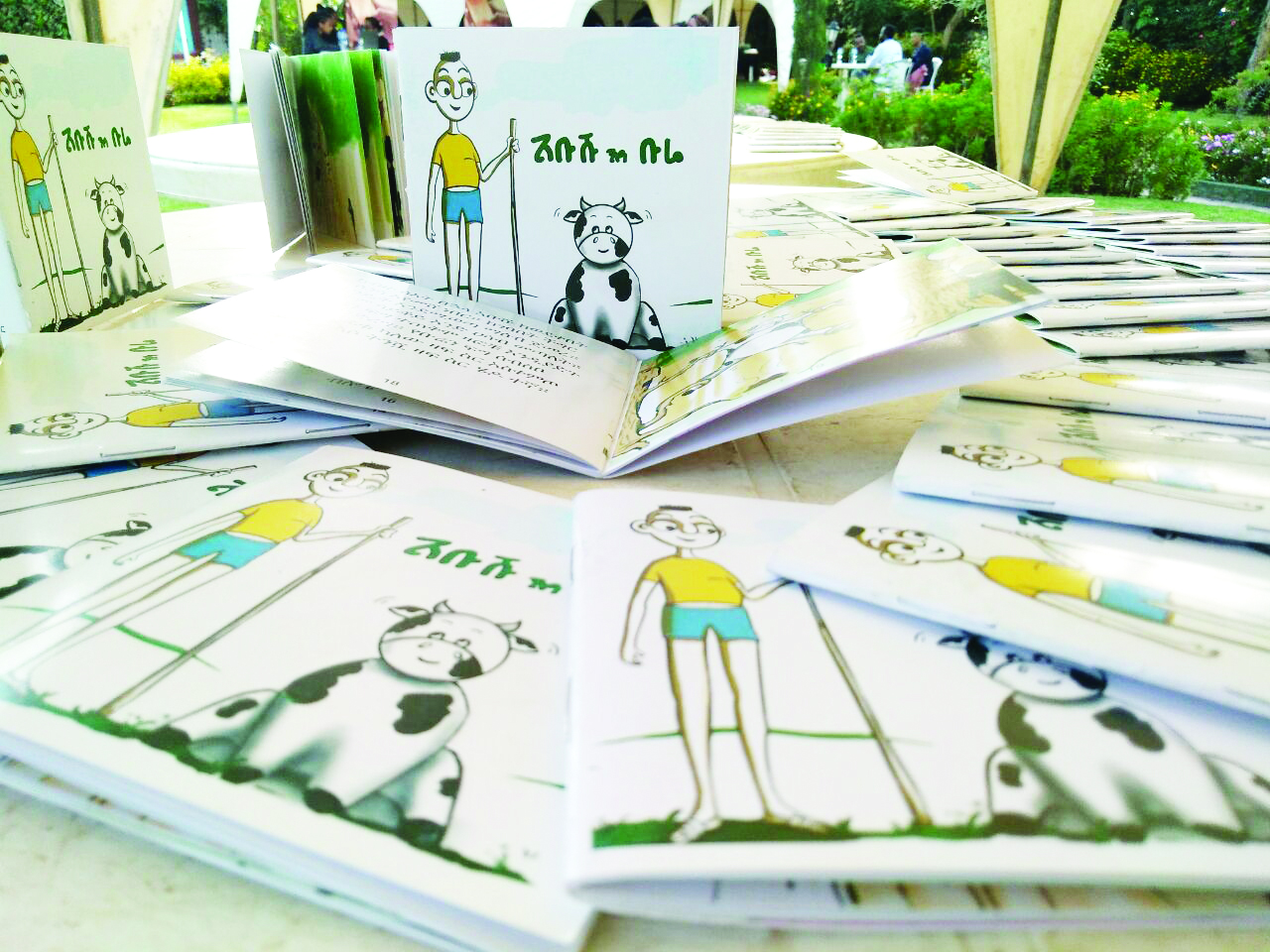
On the wake of the COVID-19 pandemic children are stranded in their homes. Reading books is one recommended ways of pastime and acquiring knowledge. In the face of the virus fast spreading, a resort to e-books renders outreaching them easy. In this success story we shall see how a publisher of children books is faring. She goes by Bezawit Mulugeta. Excerpts
Herald: When and how was Duka book publishers established?
Bezawit :- Duka book publishers is a startup social enterprise established in 2019. In 2017 I came across Ministry of Education’s early grade reading assessment (EGRA) and I was very shocked. Based on the data, more than 30% of Ethiopian students in grade 2 level can’t read at all. One of the root causes for this problem is lack of tailored learning material. After that I did my research on the current situation and the available books. I then designed my own project; developed contents based on the need, tested and piloted the books. Following these tasks, the project developed in to social enterprise by the great support of Reach for Change (international NGO that support social enterprises).
Herald:- Are you an author?
Bezawit:- Yes I am, so far I’ve written two children stories with the title of Abushu ena bure and Mekina yemiwedew lej.
Herald:- On which books are you more focused? Why?
Bezawit:- Our focus is only on children books because as I mentioned earlier the company is established to address the early grade education problem. Thus we publish numerous books that can develop children’s reading, writing and comprehending skills.
Herald:- How many books have you published so far?
Bezawit:- So far we have 6 hardcopy story books and more than 20 e-books for children in the age bracket 3-12.
Herald:- What ways forward do you suggest for the publishing industry in Ethiopia? What about online books?
Bezawit:- The publishing industry in Ethiopia still has not developed the way it should. I believe it needs a collaborated work of all publishing companies, authors, story tellers, teachers, book retailors and the government.
After the corona virus pandemic we have started distributing e-books because it’s a good way to limit the transmission of the virus and help children to develop their reading abilities when they are staying at home.
Herald:- If you have a message regarding publication, reading culture and the like you are welcome.
Bezawit:- I think our reading culture is very poor and even parents prefer buying some other staff for children rather than books. I suggest for parents to improve their own reading culture because children emulate parents’ inclination. They have to make it a priority to buy their books and to help them develop their reading culture by reading bed time stories, asking them to read and tell the story.
BY MEHARI BEYENE





